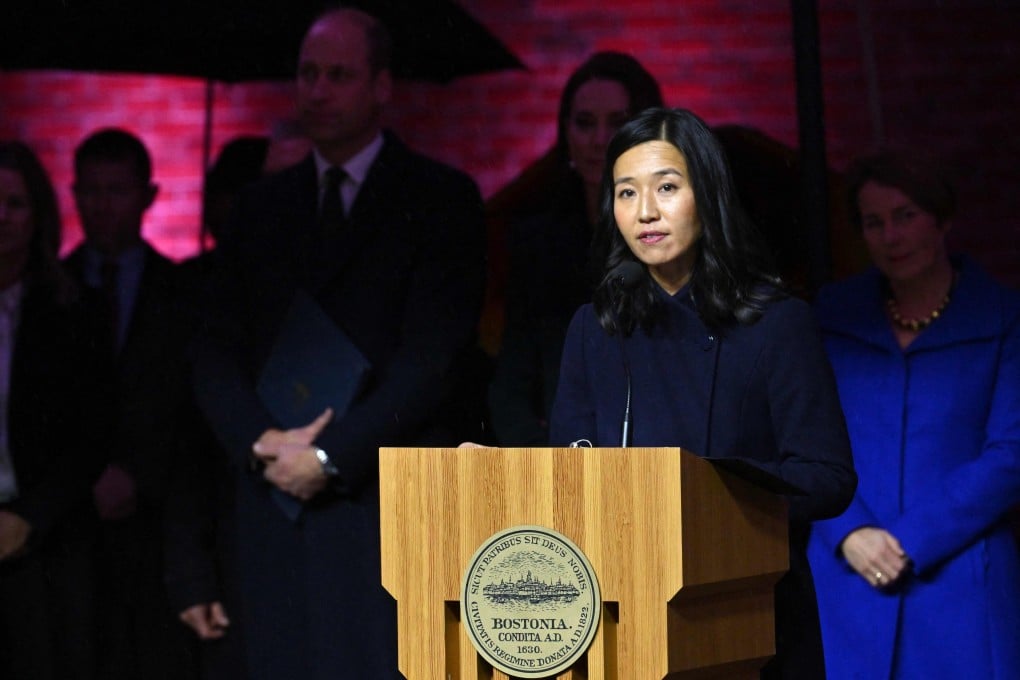Advertisement
Opinion | Wins for Asian-American candidates a big step in driving change in US politics
- Asian-Americans running for office have made headlines and history in recent years, something that must continue to achieve meaningful change in the US
- To create a pipeline of future policymakers, we need mentorship programmes to excite and attract young people to consider opportunities in politics
Reading Time:3 minutes
Why you can trust SCMP
4

First, the good news and some positive signs. In the US midterm elections in November – the halfway mark to the presidential election in 2024 – a huge number of Asian-American Pacific Islanders (AAPI) came out to vote.
Asian-Americans also made headlines and history in the midterms. Ted Lieu, a Democrat representing California, became the first Asian-American to be elected vice-chair of the House Democratic Caucus. Chinese-American Victoria Gu and Japanese-American Linda Ujifusa of Rhode Island were the first Asians elected to their state legislature.
In recent years, we have hit some key political milestones. US Vice-President Kamala Harris is the only woman and South Asian woman who has held federal elected executive office. In Boston, Michelle Wu made history as the first person of colour and first woman to be elected the city’s mayor.
These are all significant steps. We need more Asian-American elected leaders and policymakers who have the power to create and change policy, which is the only road to achieving actual change here in the United States.
The timing of the latest progress is critical. On the heels of the Covid-19 pandemic and a cycle of rising cases during winter months and an impending global recession, Asians are the most obvious scapegoats for hate and blame. Consider former US president Donald Trump’s alluding to Covid-19 as the “China virus”.
The political landscape in the country shifted in the latest election with Republicans winning a majority in the House of Representatives. Most Asian-Americans – 64 per cent, including me – voted Democratic in the midterms, with 34 per cent voting Republican.

Advertisement
